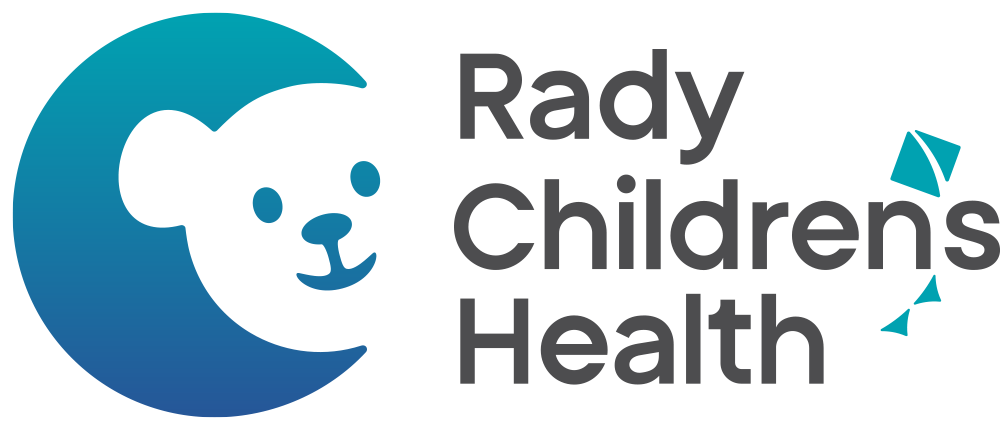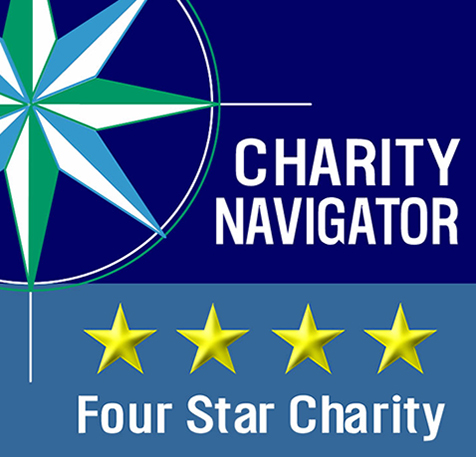Lauren Aslanian was diagnosed at age 15 with Stage 3B Anaplastic Large-Cell Lymphoma. Then a high-school sophomore, she went through six rounds of intensive inpatient chemotherapy and immunotherapy.
Fortunately, she also was part of a clinical trial at CHOC that, she says, “ultimately saved my life.” The treatment, a national study in partnership with Children’s Oncology Group, was specific to her particular lymphoma. She and her boyfriend, Nick, met at CHOC when both were undergoing chemotherapy.
In this Q-and-A, she talks about the support she received from CHOC and the Richard C. and Virginia A. Hunsaker Adolescent and Young Adult Oncology (AYA) Child Life Program, which is solely supported through philanthropy. The AYA program is part of the Cherese Mari Laulhere Child Life Department.
“Knowing someone else really understood what I was going through made all the difference.”
— Lauren Aslanian
One of the program’s annual highlights is the CHOC Oncology Patient Ball, presented by the J. Willard and Alice S. Marriott Foundation. This one-of-a-kind, memory-making event allows adolescent and young adult cancer patients to be themselves, forget their diagnoses, and look dazzling in elegant gowns and stunning tuxedos, with hair and makeup professionally done.
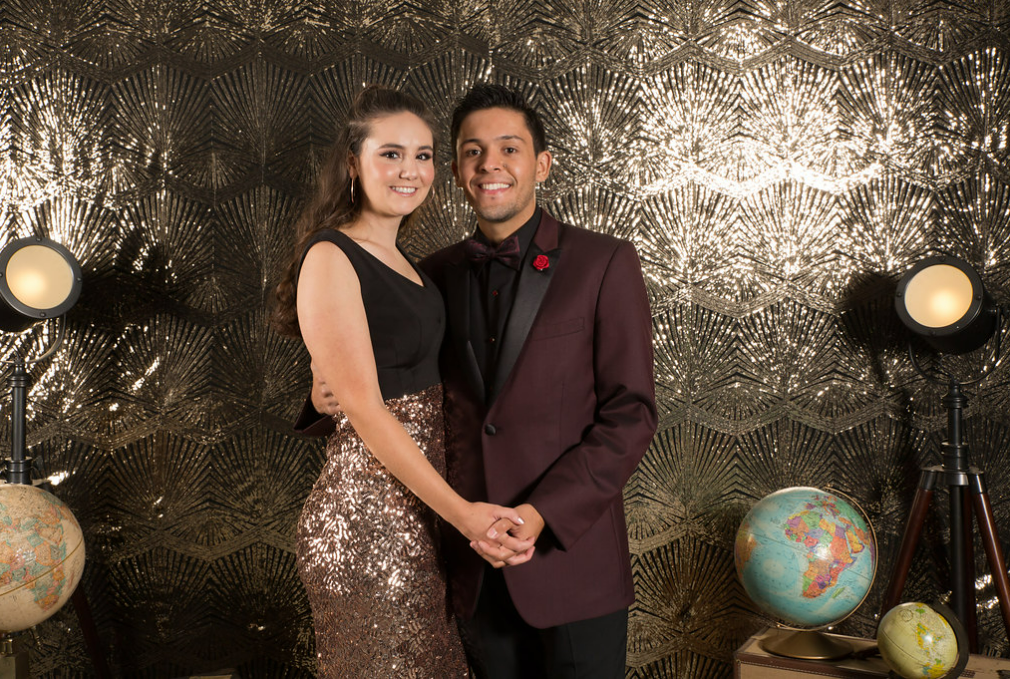
Lauren credits the AYA program helping her maintain optimism because it is designed to be with patients—and cancer survivors—every step of the way through their journey to wellness. It is where patients create enduring bonds with others. Out of a dire diagnosis, she found friends, hope and a future.
QUESTION: What did you find most challenging along your journey to wellness?
LAUREN ASLANIAN: The most challenging part of treatment, physiologically, was mucositis. My mouth and throat were basically one big open wound and I could not even swallow my own saliva I knew going into treatment that I would lose my hair, and feel sick, but never expected the excruciating pain I experienced from mouth sores. I had to be admitted to the hospital to use suction equipment in place of swallowing. Feeling ostracized from my peers. I befriended other AYAs in the hospital.
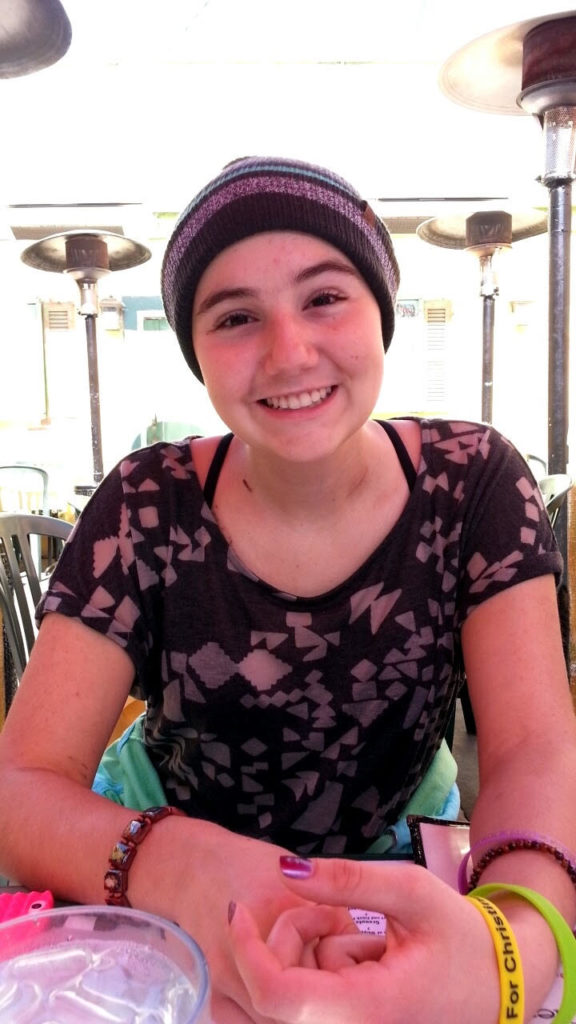
The most challenging part of my journey, overall, has been the psychological toll. Feelings of social isolation are incredibly common in the AYA community, which often lead to worsening mental health problems and, ultimately, poorer outcomes. Though I think I have attained a fair amount of post-traumatic growth, and succeeded post cancer, it has still taken an emotional toll on me. I have lost more friends than I can count on both hands, and this has been incredibly hard. What has gotten me through these deaths, though, are the other members of my AYA family. While I have experienced great loss, I will never regret making those relationships.
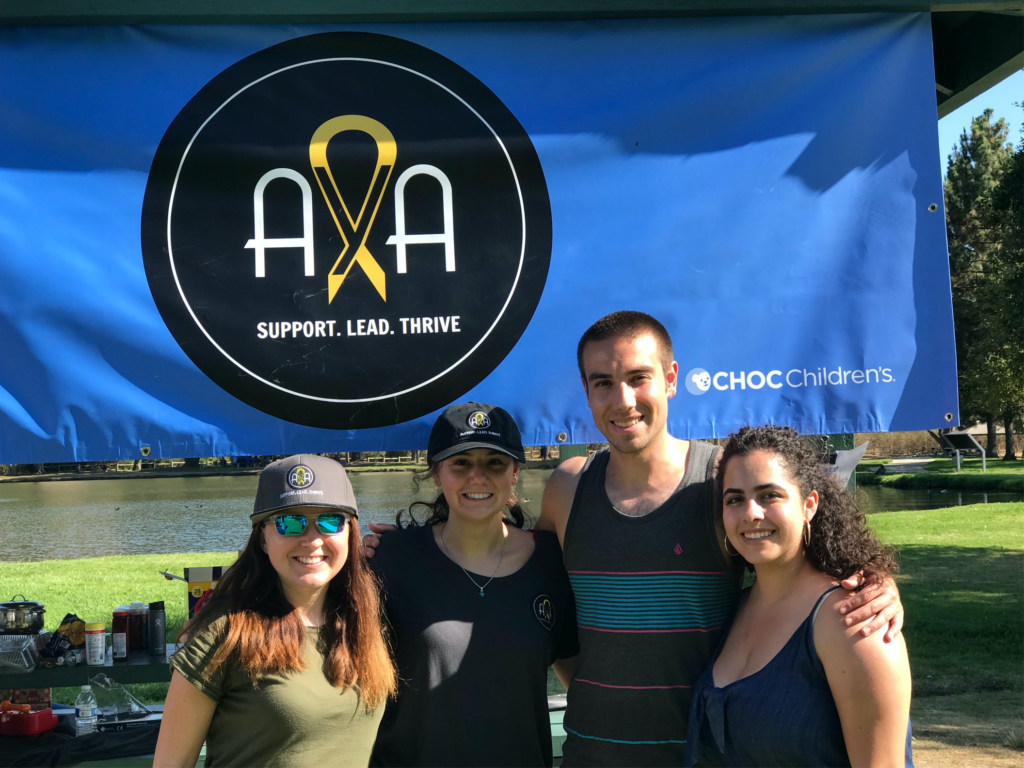
Q: What was special about your experience with the team at CHOC?
LA: I made some incredible connections with my CHOC staff. Because I was on an investigational drug, the protocol required I remain inpatient for my monthly, five-day chemotherapy treatments. This, of course, was not just five days though. They wanted to see my counts nadir and then come back up to make sure I had some sort of immune system before I went home.
Fortunately, I had a great team to spend so much time with. My nurses indulged my inquisitive self and answered all my treatment-related questions. At the end of the day, I felt like I had gone through nursing school already! My doctors, including my primary oncologist, Dr. Ivan Kirov, made it a point to speak to me and made sure I felt listened to. Sometimes physicians find it easier to speak to parents because they assume their pediatric patients cannot provide answers for themselves, but this was never the case at CHOC.
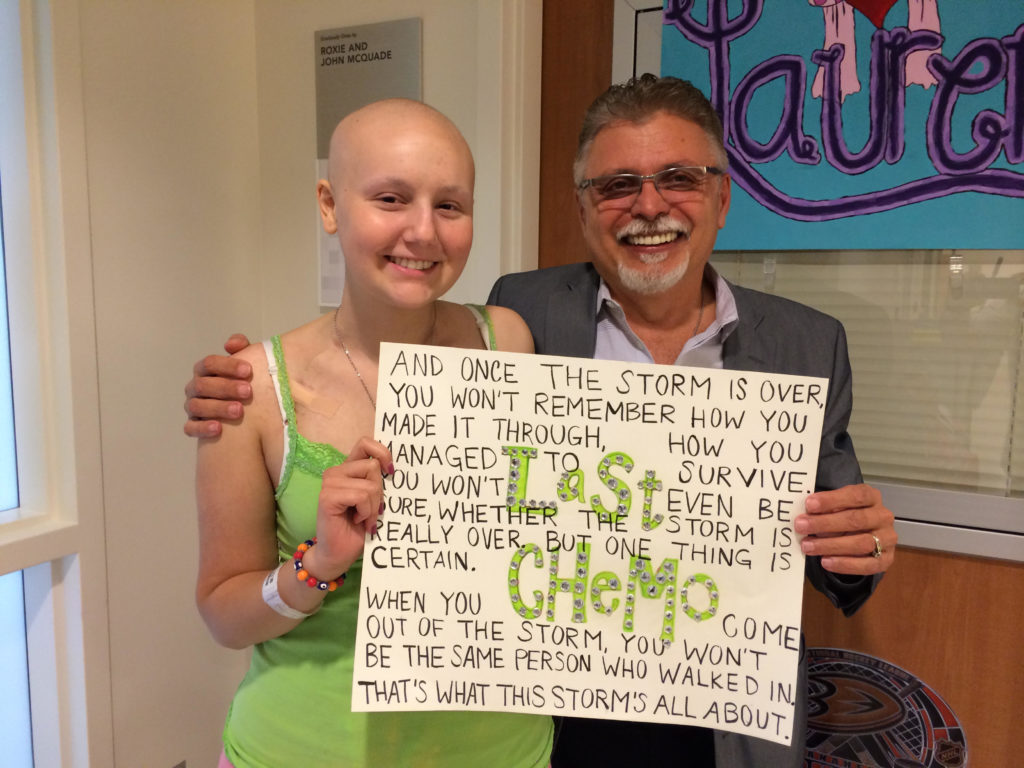
During my treatment, I met Kim Sladek, who was one of the most influential CHOC oncology nurses during my time there. She inspired me. Why? Because she is a cancer survivor herself! I remember the day she showed me her port scar and my life changed. I immediately felt a connection because she had gone through what I was going through—another reason why I engaged so much in the AYA program.
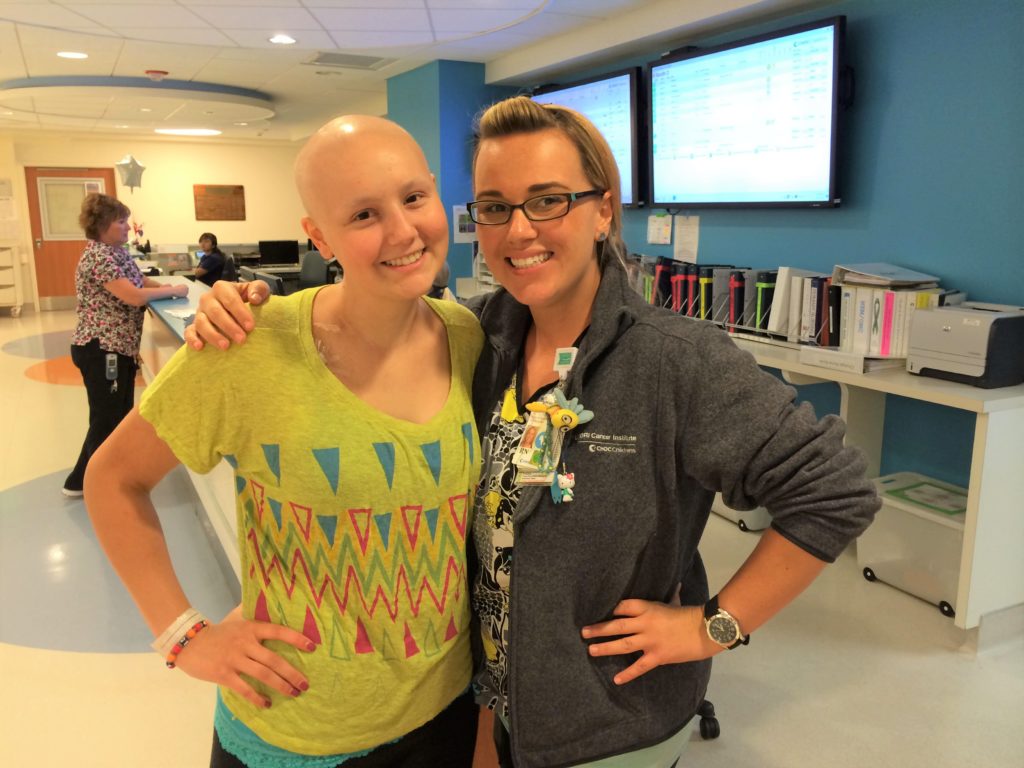
Q: Tell us more about the adolescent and young adult (AYA) cancer program.
LA: AYA has had the single-greatest impact on my well-being, and I am proud to credit my successes, at least in part, to this incredible community. It has given me a sense of belonging. Without the support of AYA, I would not have been able to get through my long admissions and it helped me to realize the psychosocial impact of what I was going through and the importance of peer support. AYA members step up to the plate in times of need and I remain close to them to this day.
A stark reality in an AYA patient’s journey is a funeral. When my friend, Christine, passed away, we wore purple in her honor. After the funeral, her friends spent time together at Irvine Spectrum [an iconic area shopping mall]. We wore sunflower pins and ran into someone giving away the real blooms. The flower will always represent her. I felt that she was with us and that it was a perfect day.
Q: What led to your decision to pursue a career in nursing?
LA: I worked at CHOC as a clinical associate/nursing assistant for two-and-a-half years, in hematology/oncology. I have always loved working with kids but working at CHOC really solidified my adoration for them. I love their resilience, their humor, interacting with their families and everything in between.
I guess I always have had an interest in medicine. As a young child, I would tell my family I wanted to be a “baby doctor.” My mom is a physical therapist and facilitated my interest in healthcare. In high school, I joined the Medical Careers Academy, but was diagnosed shortly after. I actually self-diagnosed my cancer (with the help of Google, haha!) before I arrived at CHOC—and this impressed Dr. Kirov. When he asked what I wanted to pursue as a career, I told him I was unsure, but knew I wanted to do something in healthcare.
During my inpatient time, I was exposed to the multitude of different healthcare careers and identified the most with the nurses. I saw myself working in their shoes in the future, and decided I’d love to support patients the way I was supported.
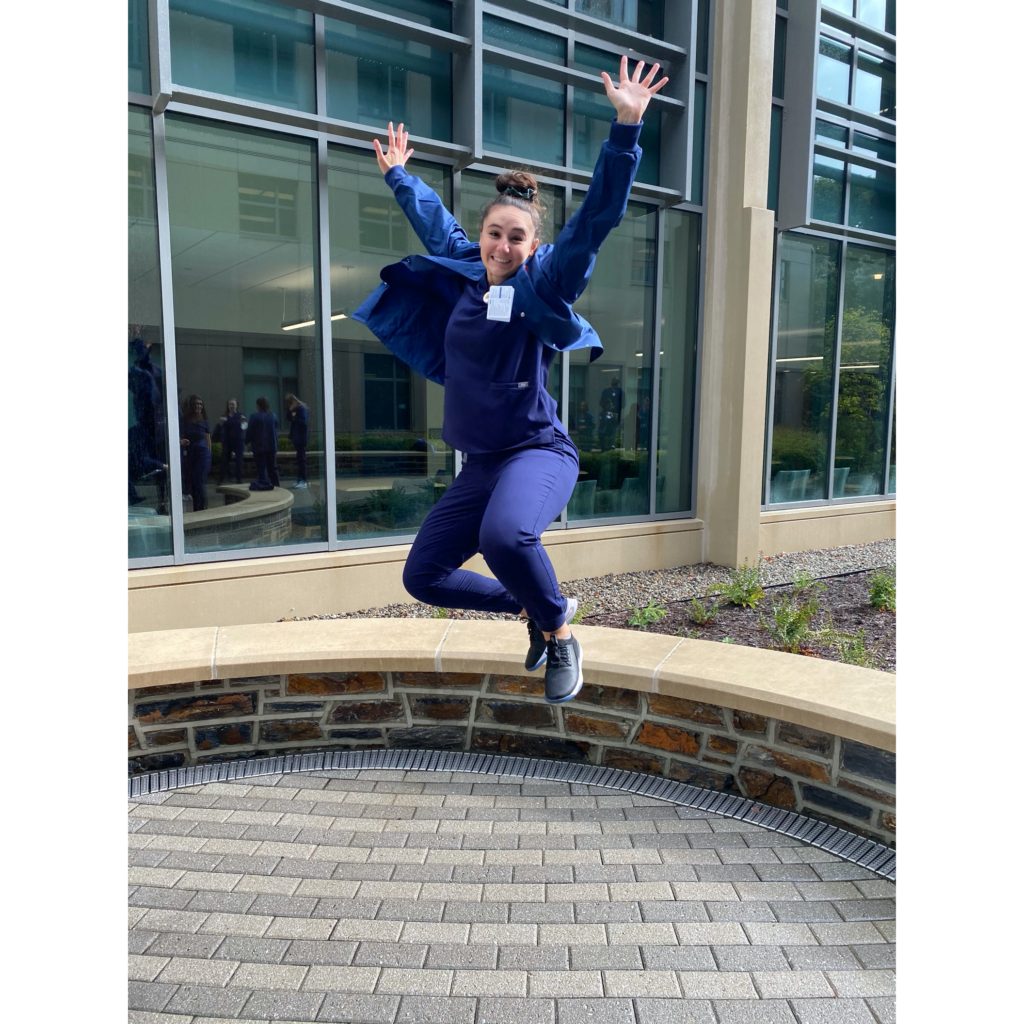
Today, Lauren is enrolled in the nation’s No. 2 nursing program at Duke University.
Your Philanthropy Makes an Impact
Adolescent and young adult (AYA) cancer patients like Lauren are distinctively and compassionately supported by the Richard C. and Virginia A. Hunsaker AYA Oncology Program. One of the only programs in the country specially geared toward teens and young adults with cancer, it’s where patients create enduring bonds with each other. The AYA program is supported solely through philanthropy.



